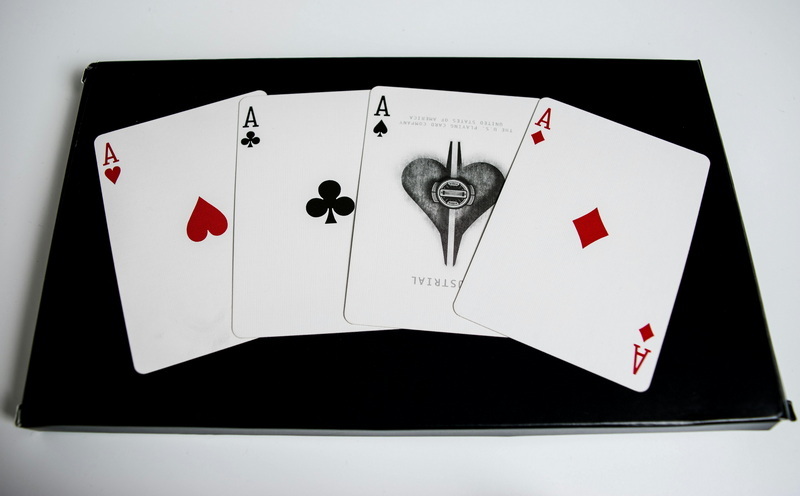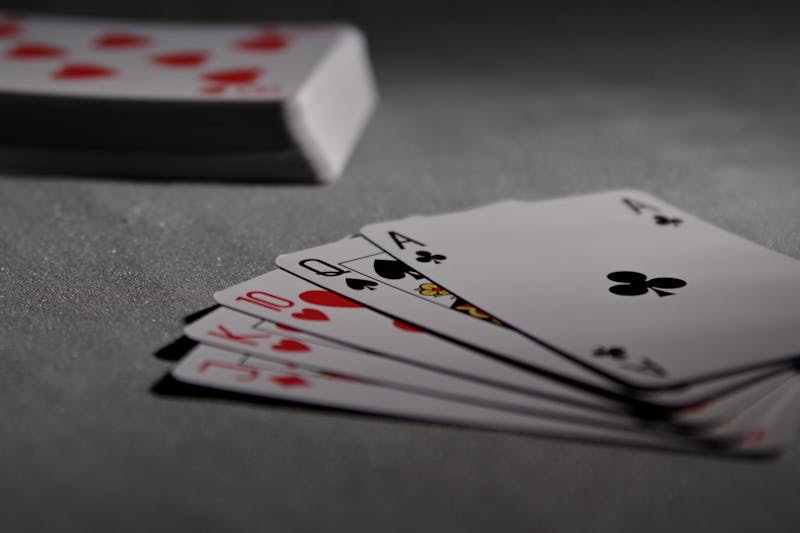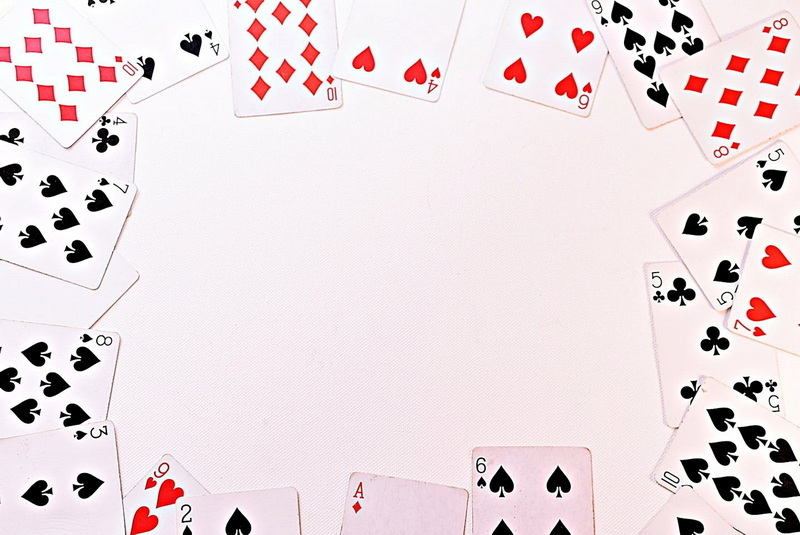Content Menu
● Overview of Hearts
● Setup
● Basic Rules
● Advanced Rules and Variations
● Strategies for Winning
● Common Mistakes
● Conclusion
● Related Questions
>> 1. What are the basic rules of Hearts?
>> 2. How do you score in Hearts?
>> 3. What does it mean to "shoot the moon" in Hearts?
>> 4. Can Hearts be played with fewer than four players?
>> 5. What strategies can help improve my game in Hearts?
Hearts is a classic trick-taking card game that has been enjoyed by players for generations. It is typically played by four players, although variations exist for two to six players. The objective of the game is to score as few points as possible, with points being awarded for certain cards taken in tricks. This article will provide a comprehensive guide on how to play Hearts, covering everything from the setup and rules to strategies and tips for winning.

Overview of Hearts
Hearts is played with a standard 52-card deck. The game is known for its strategic depth, as players must carefully consider their moves to avoid accumulating points. The game consists of several rounds, and the player with the lowest score at the end of the predetermined number of rounds wins.
Setup
To set up a game of Hearts, follow these steps:
1. Gather Players: Ideally, you need four players. If fewer than four players are present, you can still play but may need to adjust the rules slightly.
2. Deal Cards: Shuffle the deck thoroughly and deal all the cards evenly among the players. Each player should have 13 cards.
3. Organize Cards: Players should arrange their cards in their hand by suit and rank for easier play.
4. Determine Starting Player: The player with the 2 of clubs starts the first trick.
Basic Rules
Understanding the basic rules of Hearts is crucial for gameplay. Here are the key rules:
1. Trick-Taking: The player who starts a trick plays one card face up. Other players must follow suit if they can; if they cannot, they may play any card.
2. Winning Tricks: The highest card of the leading suit wins the trick. The winner of each trick leads the next one.
3. Scoring Points: Players earn points based on the cards they take in tricks:
- Each Heart card taken is worth one point.
- The Queen of Spades is worth thirteen points.
- Players aim to avoid taking these cards.
4. Shooting the Moon: If a player manages to take all 13 hearts and the Queen of Spades in a single round, they "shoot the moon." Instead of receiving points, they can choose to subtract 26 points from their score or add 26 points to all other players' scores.
5. Ending a Round: A round ends when all cards have been played. Scores are tallied based on the cards collected by each player.
6. Winning the Game: The game continues until one player reaches or exceeds a predetermined score, commonly 50 or 100 points. The player with the lowest score at that point wins.
Advanced Rules and Variations
While the basic rules provide a solid foundation for playing Hearts, there are several advanced rules and variations that can enhance gameplay:
1. Passing Cards: At the beginning of certain rounds, players pass three cards to another player (the direction changes every round). This adds an element of strategy as players can try to get rid of high-point cards or disrupt opponents' hands.
2. No Hearts in First Trick: Players cannot play any Heart cards during the first trick unless they have no other option (this rule prevents early scoring).
3. Breaking Hearts: Hearts cannot be played until someone has taken a trick containing a Heart or has no other option but to play a Heart card.
4. Two-Player Variation: When playing with two players, each player can control two hands, making it more strategic and challenging.
5. Three-Player Variation: In three-player games, one player will receive an extra card (the 52nd card), which can be used strategically throughout gameplay.

Strategies for Winning
Winning at Hearts requires both skill and strategy. Here are some effective strategies to improve your chances:
1. Card Counting: Keep track of which cards have been played, especially high-point cards like hearts and the Queen of Spades.
2. Avoid Taking Points Early: In early rounds, try to avoid taking tricks that contain hearts or high-point cards unless absolutely necessary.
3. Control Passing: Use passing strategically to strengthen your position while weakening your opponents' hands.
4. Lead Wisely: When leading a trick, consider leading with lower-ranked cards to force opponents into taking higher-point cards.
5. Be Cautious with Shooting the Moon: Attempting to shoot the moon can be risky; ensure you have a strong hand before attempting this strategy.
Common Mistakes
Even experienced players can make mistakes while playing Hearts. Here are some common pitfalls to avoid:
1. Taking Tricks Recklessly: Avoid taking tricks that will lead you to accumulate points unnecessarily.
2. Ignoring Passing Strategy: Failing to pass effectively can weaken your position in subsequent rounds.
3. Not Paying Attention to Others' Cards: Neglecting what your opponents are playing can lead you into traps where you take unwanted points.
4. Overcommitting to Shooting the Moon: Attempting this strategy without sufficient preparation can backfire dramatically.
5. Playing High Cards Too Early: Save high-ranking cards for crucial moments instead of playing them early in the game when they may not be necessary.
Conclusion
Hearts is an engaging and strategic card game that combines luck with skillful play and careful decision-making. By understanding its rules and employing effective strategies, players can enhance their enjoyment and improve their chances of winning. Whether you're a beginner or an experienced player looking to refine your skills, mastering Hearts offers endless fun and challenge.

Related Questions
1. What are the basic rules of Hearts?
The basic rules include taking turns playing cards in tricks, following suit if possible, scoring points for hearts and the Queen of Spades, and aiming for low scores overall.
2. How do you score in Hearts?
Players score one point for each heart card taken and thirteen points for taking the Queen of Spades during tricks.
3. What does it mean to "shoot the moon" in Hearts?
Shooting the moon means capturing all hearts and the Queen of Spades in one round, allowing you to either subtract 26 points from your score or add them to your opponents' scores.
4. Can Hearts be played with fewer than four players?
Yes, Hearts can be played with two to six players; however, adjustments may need to be made regarding passing cards or scoring.
5. What strategies can help improve my game in Hearts?
Effective strategies include card counting, avoiding early point accumulation, controlling passing wisely, leading tricks strategically, and being cautious about attempting to shoot the moon without proper preparation.































